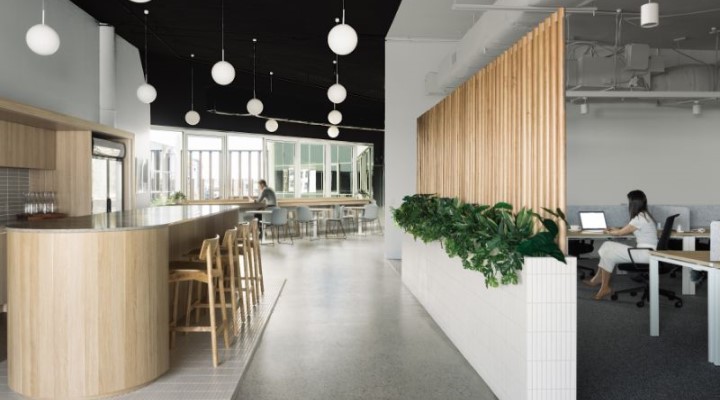The pandemic has created an evolution in the business workspace sector with many businesses walking away from fixed-term expensive leases to more flexible scalable solutions. As a result, four key workspace offerings have emerged as clear market favourites. But with so many different options popping up all over the country, it is hard to know where to start and which concept offers the best solution.
There are essentially four flexible yet professional options available to businesses. Each solution provides different benefits and advantages depending on what the business or operator is looking for.
1. Coworking spaces
Coworking spaces are a very popular and affordable option for a lot of people. Coworking is an arrangement where workers from different businesses share an office space. Essentially, the coworking space is full of desk and chair sets where people can work.
There are significant cost savings through the common usage of utilities and infrastructure and equipment including reception services, kitchen and breakout areas. In addition to these benefits, workers can also gain the benefit of broadening their professional networks through collaboration opportunities.
2. Shared offices
A shared office is when a company that owns or manages an office space has some extra space that is not used, which can then be subleased to another business, usually a small business. They can take different forms and enable businesses with spare capacity to generate revenue from unused space.
3. Hotdesking
Hot desking is when multiple workers use the same physical workspaces but during different times, quite often on an ad hoc basis.
This really maximises space efficiency and reduces your office real estate. It’s more than just a trend. Nowadays it’s becoming a staple of modern working life because of its flexibility. Hot desks can be implemented in private offices and coworking spaces. It also enables staff that are rotating working from home and from the office to share resources so that space is not sitting unused.
4. Private office space
The last and most popular option is private office spaces, which are exactly just that, office spaces that are private. They offer privacy and space which can lead to better focus and productivity.
Private office spaces are usually included in flexible office space environments where officeholders can enjoy their privacy while also benefiting from shared facilities and conveniences.
Private office spaces can range in size from one-person offices to 100 person offices. The beauty of private office spaces is that you have the flexibility to scale up or down depending on the needs of the business. Organisations of all sizes, from one-person businesses to large enterprises are doing away with fixed offices and moving to private office spaces. They are far more economical and flexible.
Flexibility is the way of the future
In our new era of workspace flexibility, people want to be able to fit their work around their lifestyles, not the other way around! They value connections, networking and innovation.
Many businesses are walking away from fixed long term leases and setting up private offices in spaces like @WORKSPACES. This enables the business to increase or reduce space as they need to enjoy the economics of shared resources.













